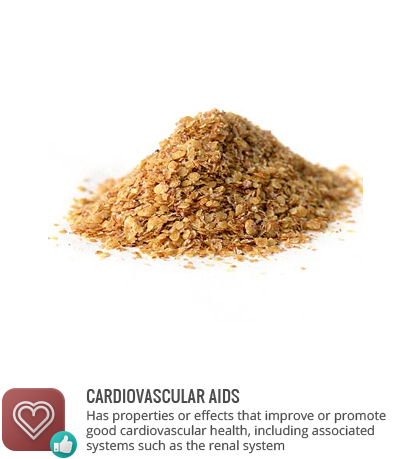Wheat germ
Definition
Wheat germ is the portion of a wheat seed which contains the embryo (germ) of the plant. It is a concentrated source of fats, carbohydrates, protein and essential nutrients within the seed.
Health considerations
Crude wheat germ is an excellent source of fiber and protein, as well as polyunsaturated fats including omega-3 fatty acids. Additionally wheat germ provides high levels of numerous micronutrients including iron, magnesium, zinc, manganese, selenium, copper, and B vitamins excluding vitamin B12. Wheat germ acts as a prebiotic and improves blood lipid profiles (including lowering of cholesterol).
Keep in mind
Due to the poor shelf-life of the oils found in wheat germ, it isnt a common ingredient in many foods. Thus, in order to incorporate this item into one’s diet, it is best bought in its natural state (from the cereal aisle) and added to foods like cereal, yoghurt, baked goods and smoothies. Wheat germ does contain gluten and thus, should be avoided by those with Celiac Disease and gluten intolerance.
May be found in
Whole grain wheat, breakfast cereals, sold as is, breads, muffins, quickbreads, crackers
References
International Journal of Food Sciences and Nutrition
Self Nutrition Data
Food Microbiology
The American Journal of Clinical Nutrition


